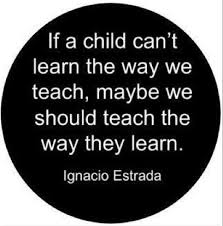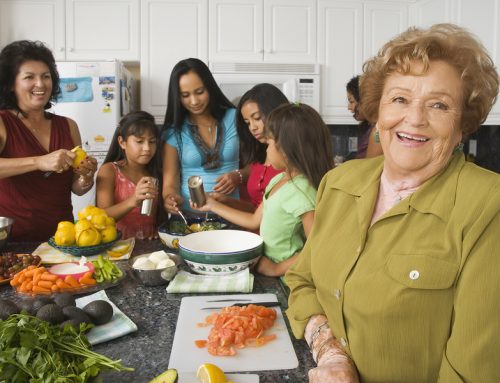I am very inspired by the above quote!
So today’s topic is about speaking the language of your children.
As parents, we love our children – there is no doubt about that. We want them to be their best in whatever they do… We will pour our heart and soul into teaching them, guiding them, imparting our knowledge of the world to them. However, pay close notice that who’s language are you speaking?
Language has a broad meaning. Are you speaking the language that you were brought up with? This is the language that is based on your life experience, that may or may not connect well with your children…
I remembered when my son was in Kindergarten, the class was learning basic multiplication. He was finding it a bit challenging, so I was helping him using fruit. For example, “if I put 2 apples in a basket, and I have 2 baskets, how many apples would there be in two baskets?” Though this is from two times tables, it did not make sense to him. Apples and baskets???
To him, he’d never seen apples in baskets before. I know baskets and apples because we always carried basket when doing our shopping when I was growing up; but here in Australia, we use trolleys and plastic bags …so the basket and apples concept did not connect with him.
So what can we do about our ‘language’?
My son was very keen on basketball, and my husband thought of the “basketball” concept. He asked my son: “if one ball through the hoop is 2 points, how many points would that be if I were to shoot 2 balls?”… Without blinking an eye lid, he said 4 points…
Oooolah! He had grasped the multiplication concept through the “basketball” concept! He could learn through a sporting analogy.
This concept applies to everything in life. If you are going impart a life skill to your children, SPEAK their language. Use examples that they can understand. Speak the language they can understand and the level they are able to comprehend.
If a child can’t learn the way we teach – then speak the language your children can understand. When you appreciate how they learn and function through their own distinctive ways, there will be less of a power struggle and more connections and empowering.






Leave A Comment